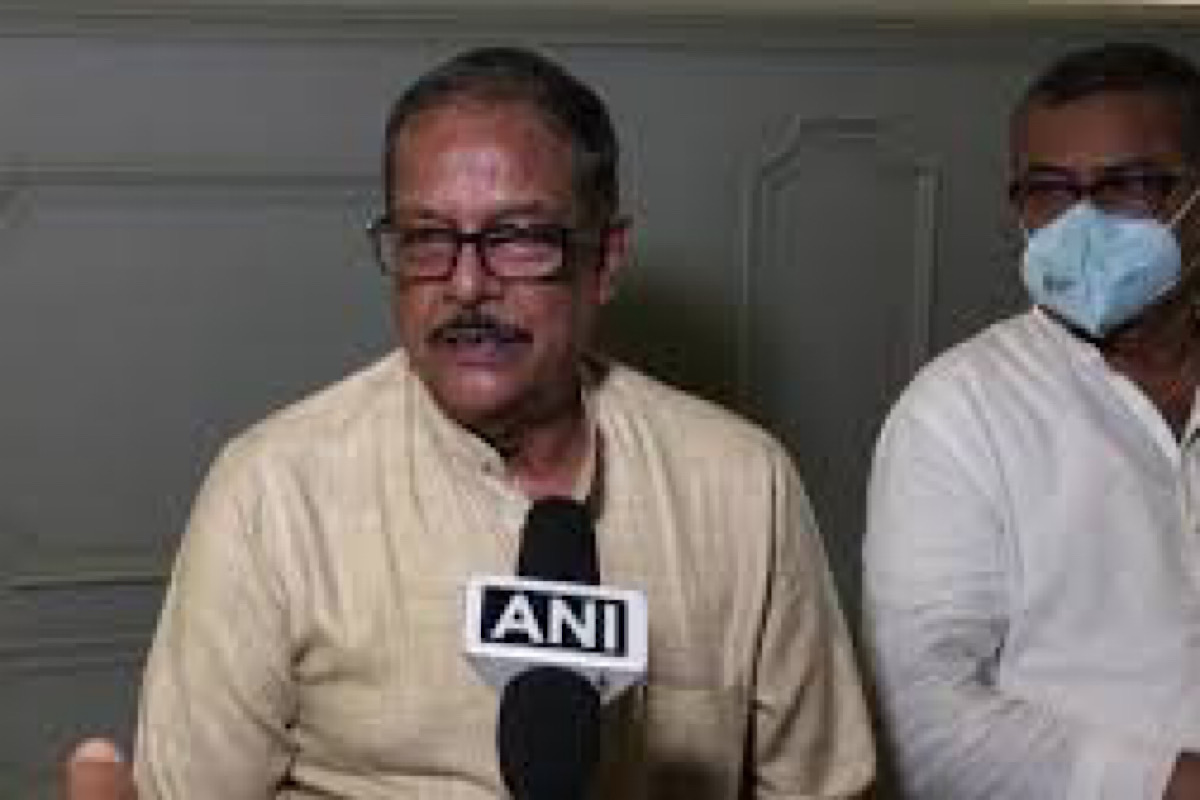After the postponement of the Tea Advisory Council (TAC) meeting, which was convened by the labour minister as a chairman and scheduled to take place at the Tea Directorate office in Siliguri today, controversies have arisen over the last-minute cancellation and the reasons behind it.
Supporters of labour and law minister Moloy Ghatak claimed that he had suddenly fallen ill and was undergoing treatment. However, Gorkhaland Territorial Administration (GTA) chief executive Anit Thapa informed close associates that the meeting was postponed after he requested assurance from the minister for a government order granting a 20 per cent bonus for tea workers in the Hills.
Advertisement
It is worth noting that Anit Thapa, a member of the recently reconstituted TAC, had written a letter to minister Ghatak, stating that he would refrain from attending any tea advisory meetings until the bonus issue was addressed. He emphasised that attending without a resolution would be meaningless.
In his letter to the labour minister, Mr Thapa wrote: “On behalf of the tea garden plantation workers, I would like to respectfully present our request for a 20 per cent bonus. This request stems from the dedication and hard work of our workers, who have made significant contributions to the tea industry’s success despite facing challenging working conditions and low wages.”
“The tea garden plantation workers in the GTA region have been grappling with low wages, poor working conditions, and uncertainty about their futures. In light of the current challenges facing the industry, including rising production costs and declining yields, it is vital to acknowledge and reward the efforts of those integral to its success,” Mr. Thapa said.
He added, “The workers have been consistently advocating for a 20 per cent bonus through dharnas and gate meetings while continuing to fulfil their duties. In solidarity with my fellow workers, I believe it is important to stand with them during this critical time. Therefore, I will refrain from attending any tea advisory meetings until our request for the bonus is addressed, as participation without resolution would not be meaningful.”
Notably, after a series of bipartite meetings, the Consultative Committee of Plantation Associations (CCPA) recently announced a 16 per cent bonus for tea workers in the Terai and Dooars regions.
However, bipartite meetings between the Hill trade unions’ coordination committee and the Darjeeling Tea Association (DTA) ended inconclusively multiple times. The Labour Department intervened and called for two reconciliation meetings, but the trade unions’ demand for a 20 per cent bonus led to further deadlock, as the planters expressed their inability to offer more than 12 per cent.
According to sources, today’s meeting was crucial for adopting resolutions concerning the tea industry, including the establishment of two laboratories for tea testing at Panitanki and Pashupati on the Indo-Nepal border to test teas imported from Nepal to India.
The aim of setting up these tea testing laboratories is to assess the quality of Nepalese teas in accordance with FSSAI standards, following complaints from some Indian tea planters.









